Hague prosecutor on keeping defendant detained for decade
Hague (ICTY) Chief Prosecutor Serge Brammertz has said that the trial against Vojislav Šešelj is "not an example of how international justice should function."
Tuesday, 18.06.2013.
14:07

WASHINGTON Hague (ICTY) Chief Prosecutor Serge Brammertz has said that the trial against Vojislav Seselj is "not an example of how international justice should function." Seselj, the leader of the Serb Radical Party (SRS), turned himself in to the court in February 2003, a month after he was indicted, and has been incarcerated ever since. Hague prosecutor on keeping defendant detained for decade Speaking in Washington at an event organized by the Georgetown University, Brammertz noted that "it was not normal" for someone to be held in detention by an international tribunal for ten years without a verdict. Seselj is accused of war crimes in Croatia, Bosnia-Herzegovina and the province of Vojvodina between 1991 and 1993. "Seselj has also done everything possible to make things difficult for the ICTY," Brammertz pointed out. "He represents himself and has been found guilty three times of revealing the identity of protected witnesses," he added. Commenting on the most recent acquittals, Brammertz noted he understood the victims' frustration and added he had desired guilty verdicts in all of the cases, starting with former Croatian generals Ante Gotovina and Mladen Markc to top officials of the Serbian National Security Jovica Stanisic and Franko Simatovic. The prosecutor said he wanted a guilty verdict in the case against former leader of the so-called Kosovo Liberation Army Ramush Haradinaj, but added that it was "difficult to implement a witness protection program in Kosovo." The ICTY will shut down between 2015 and 2016, Brammertz stated, describing the two decades of the tribunal's operation as relatively successful, but not completely. "A lot has been done, and this is the first ad hoc tribunal since Nurnberg, but we cannot be satisfied with international justice," he said, adding that he expected "even less international justice in the future." He commented on the years that former military and political leaders of Serbs in Bosnia, Ratko Mladic and Radovan Karadzic, spent in hiding by saying there had been many opportunities for their arrest, especially while they were in Bosnia-Herzegovina, but that the international community failed to do enough. "The carrot and stick approach proved the best later on, he said. The U.S. did that in early 2001 by denying Serbia financial assistance unless it arrested Milosevic, and the EU implemented in later as well, by using progress in EU integration as a way to force Serbia to arrest the remaining fugitives," he noted. (Beta, file) Tanjug
Hague prosecutor on keeping defendant detained for decade
Speaking in Washington at an event organized by the Georgetown University, Brammertz noted that "it was not normal" for someone to be held in detention by an international tribunal for ten years without a verdict.Šešelj is accused of war crimes in Croatia, Bosnia-Herzegovina and the province of Vojvodina between 1991 and 1993.
"Šešelj has also done everything possible to make things difficult for the ICTY," Brammertz pointed out.
"He represents himself and has been found guilty three times of revealing the identity of protected witnesses," he added.
Commenting on the most recent acquittals, Brammertz noted he understood the victims' frustration and added he had desired guilty verdicts in all of the cases, starting with former Croatian generals Ante Gotovina and Mladen Markč to top officials of the Serbian National Security Jovica Stanišić and Franko Simatović.
The prosecutor said he wanted a guilty verdict in the case against former leader of the so-called Kosovo Liberation Army Ramush Haradinaj, but added that it was "difficult to implement a witness protection program in Kosovo."
The ICTY will shut down between 2015 and 2016, Brammertz stated, describing the two decades of the tribunal's operation as relatively successful, but not completely.
"A lot has been done, and this is the first ad hoc tribunal since Nurnberg, but we cannot be satisfied with international justice," he said, adding that he expected "even less international justice in the future."
He commented on the years that former military and political leaders of Serbs in Bosnia, Ratko Mladić and Radovan Karadžić, spent in hiding by saying there had been many opportunities for their arrest, especially while they were in Bosnia-Herzegovina, but that the international community failed to do enough.
"The carrot and stick approach proved the best later on, he said. The U.S. did that in early 2001 by denying Serbia financial assistance unless it arrested Milošević, and the EU implemented in later as well, by using progress in EU integration as a way to force Serbia to arrest the remaining fugitives," he noted.






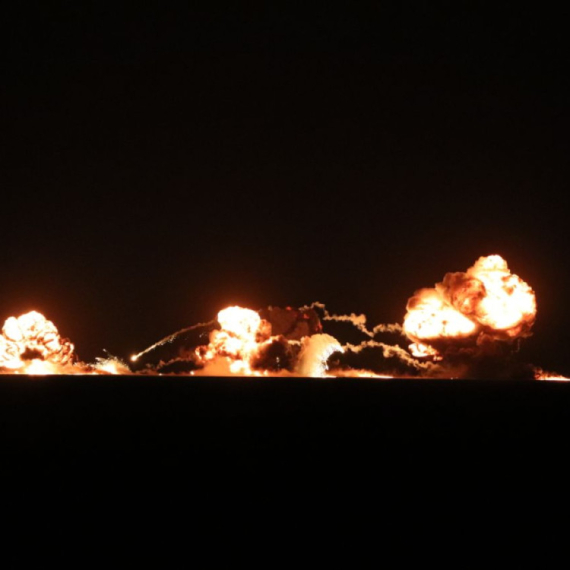





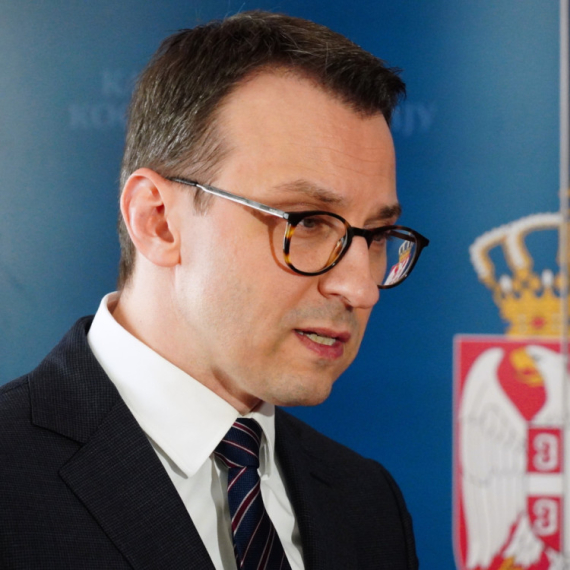



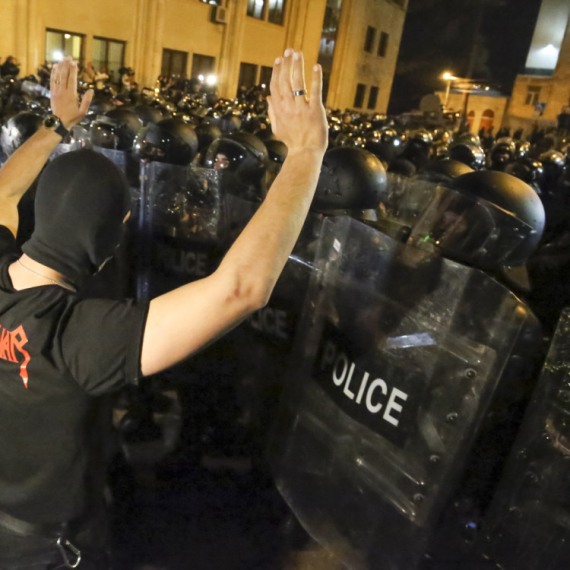
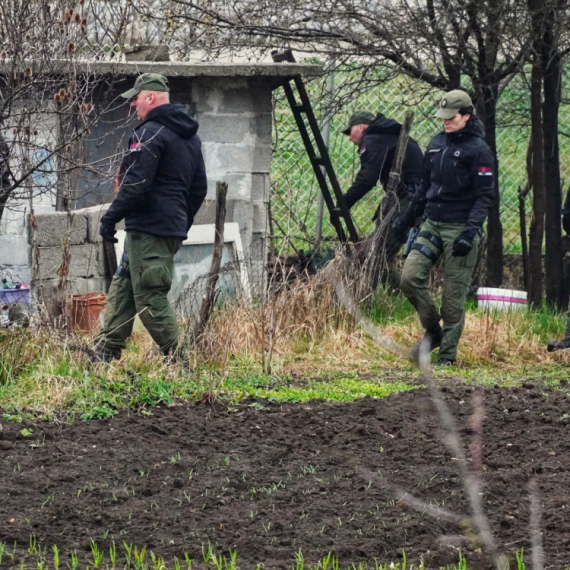
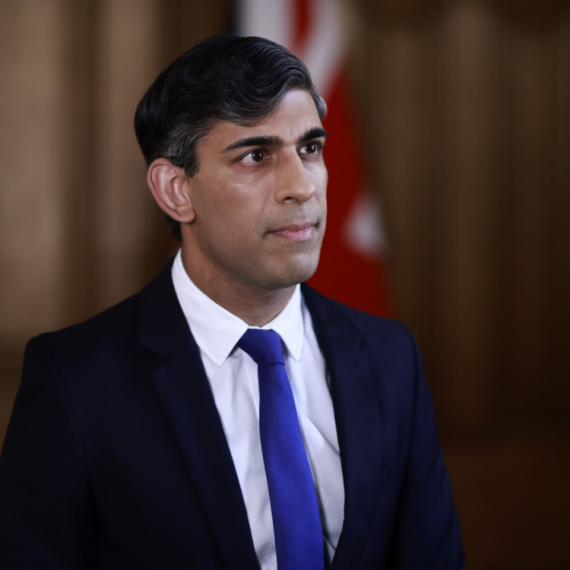
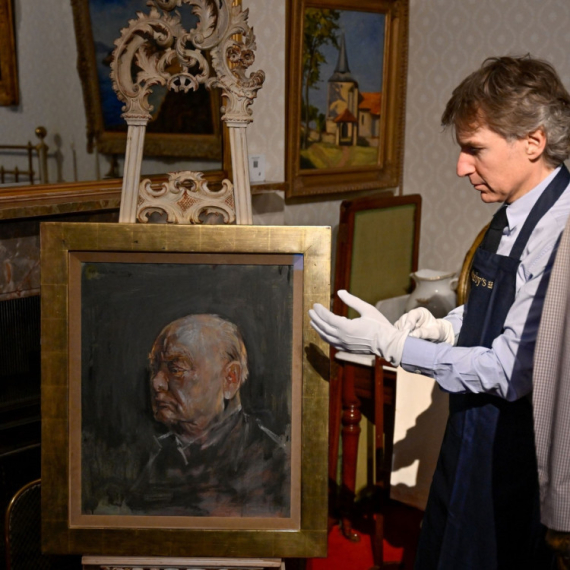


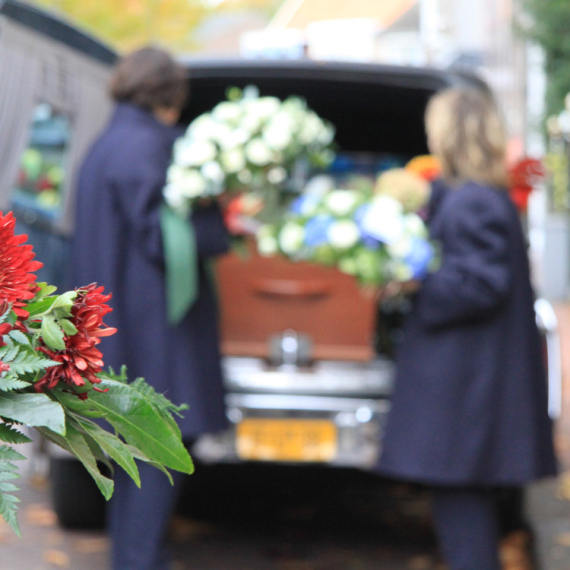
















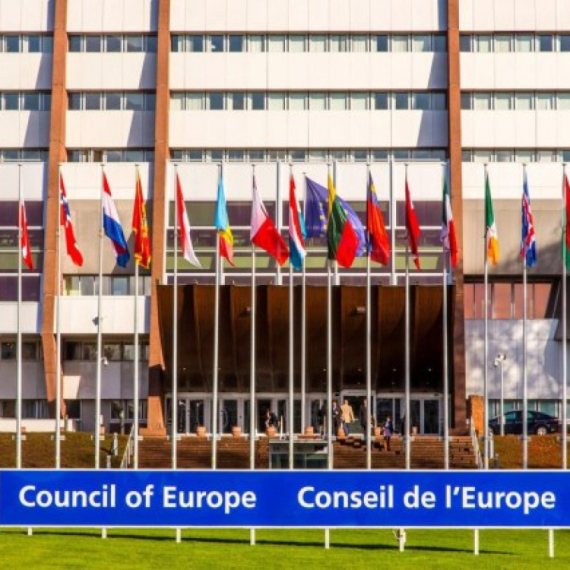













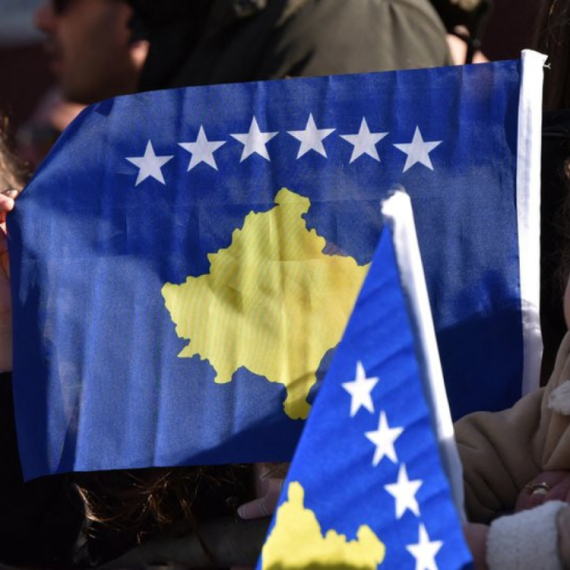





Komentari 9
Pogledaj komentare